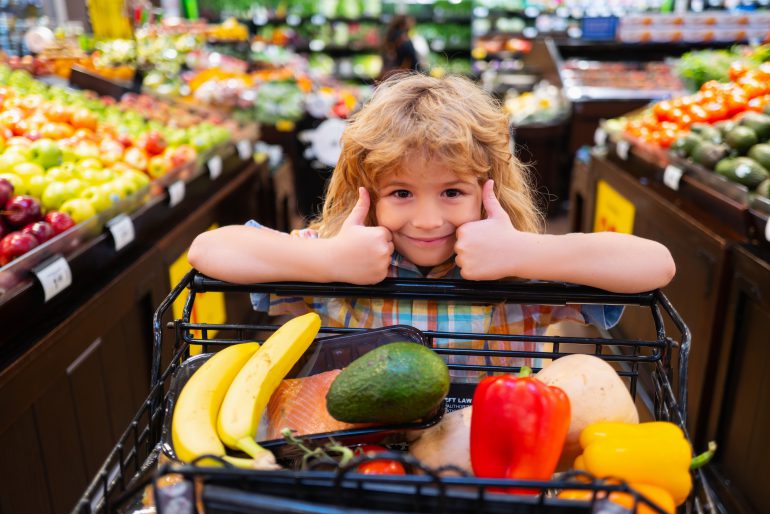The special offers, product assortment and store design of Dutch supermarkets are designed in ways that make unhealthy options more attractive. All in all, they do little to create an environment that encourages consumers to make healthy food decisions. These are some of the findings of the Superlist Health 2022, a national comparison study into healthy food in Dutch supermarkets. A supermarket may in itself be unable to make consumers healthy, but according to experts such as Forbes, supermarkets are key players in what consumers choose to eat and drink. The creators of the Dutch study too argue supermarkets can influence customers’ choices through their range of products, types of promotions and shopping environment.
The recently-published review also shows how not much has changed since the preceding study, conducted two years ago, and that unhealthy products are still found to predominate in the range of products and in the layout of supermarkets. It was found that almost all supermarkets, except Dirk, tempt their customers to opt for unhealthy products at the checkout, and that often those products are specifically aimed at children. On average, the survey stated that 82% of supermarket special offer brochures included unhealthy foods, and overall, measures to encourage healthy choices were lacking. Supermarkets were also said to lack clear targets to sell fewer unhealthy products.
Of the supermarkets studied – Albert Heijn, Jumbo, Aldi, Plus, Dirk, Coop, Lidl and Ekoplaza – only the latter two were found to have made some notable improvements. Lidl and Ekoplaza were also found to be the only supermarkets to publish their performance targets and statistics regarding the sale of healthy food products in relation to the Wheel of Five, the Dutch practical information tool regarding healthy dietary patterns.
The Superlist Health study is the first ranking that compares what Dutch supermarkets are doing to help their customers choose healthy food and drinks. It is conducted by research agency Questionmark, in collaboration with the Diabetes Fund, Heart Foundation, Stomach Liver Bowel Foundation and Kidney Foundation, as part of the Alliance Nutrition for the Healthy Generation. The alliance is committed to healthy nutrition for younger generations and aims to thus secure more health for future generations. It has called unhealthy food the second most important preventable cause of death and of lost years of healthy life after smoking.
The results are quite surprising, since promises had been made by supermarkets to stick to the National Prevention Agreement (2018). This agreement was set up by the government and a variety of organisations to combat obesity and encourage consumers to eat and drink healthier. Questionmark points out that many adults and children in the Netherlands are overweight, and has called for government legislation. Therefore, it has presented its report to the State Secretary for Health, Welfare and Sport. The Alliance is also calling for a government ban on marketing of unhealthy food towards children and a decrease in tax on fruit and vegetables.
In response to the findings, Albert Heijn told newspapers it regrets that the review failed to take online shoppers into account. Nor did it look at a number of its own initiatives, such as its My Lifestyle Coach app, a spokesperson said, who also reasoned the supermarket chain is continuously expanding its range of products with less salt, sugar and saturated fat. Jumbo told newspapers it does endorse the objectives of the National Prevention Agreement, and that it regrets that lifestyle as a category was lacking in the study. The supermarket chain also said it has lifestyle measures in place, and calls these a key factor in health. Meanwhile, the branch organisation of supermarkets, Central Bureau for Food Trade (CBL), has also made assurances that a lot is being done to help customers make healthier choices, and that supermarkets have implemented a ban on marketing towards children on their private-label products.
Written by Femke van Iperen
